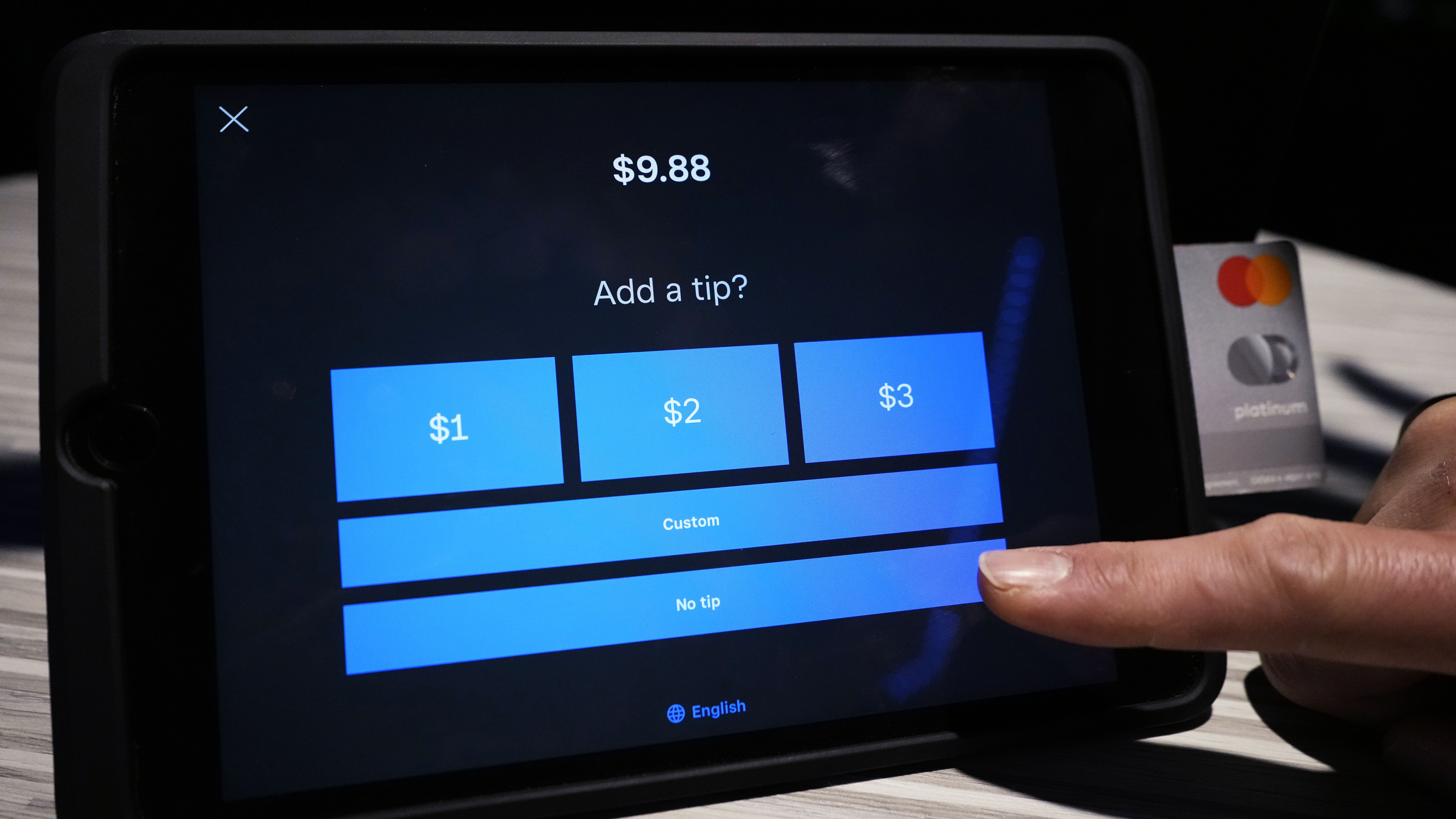
From a recent Pew Research report:
A majority of Americans say they would tip 15% or less for an average meal at a sit-down restaurant. 2% say they tip nothing. Quality of service is a major factor in most Americans’ tipping practices.
It is important to understand the history of tipping in the United States. Wendy Pollack writing for the Shriver Center on Poverty Law:
Tipping proliferated in the United States after the Civil War, when the restaurant and hospitality industries hired newly emancipated Black women and men but offered them no wage–leaving them to rely on patrons’ gratuities for their pay instead. Simply put, tipping was introduced as a way to exploit the labor of former slaves.
While we don’t have slavery today,the restaurant and hospitality industries have created an exploited economic class of people - effectively asking workers to take a financial risk without the benefits of economic profits of the business.
Tipping should be abolished - pay workers a living wage and transfer the risk of the business back to those who benefit most from the success of the business - the owners.